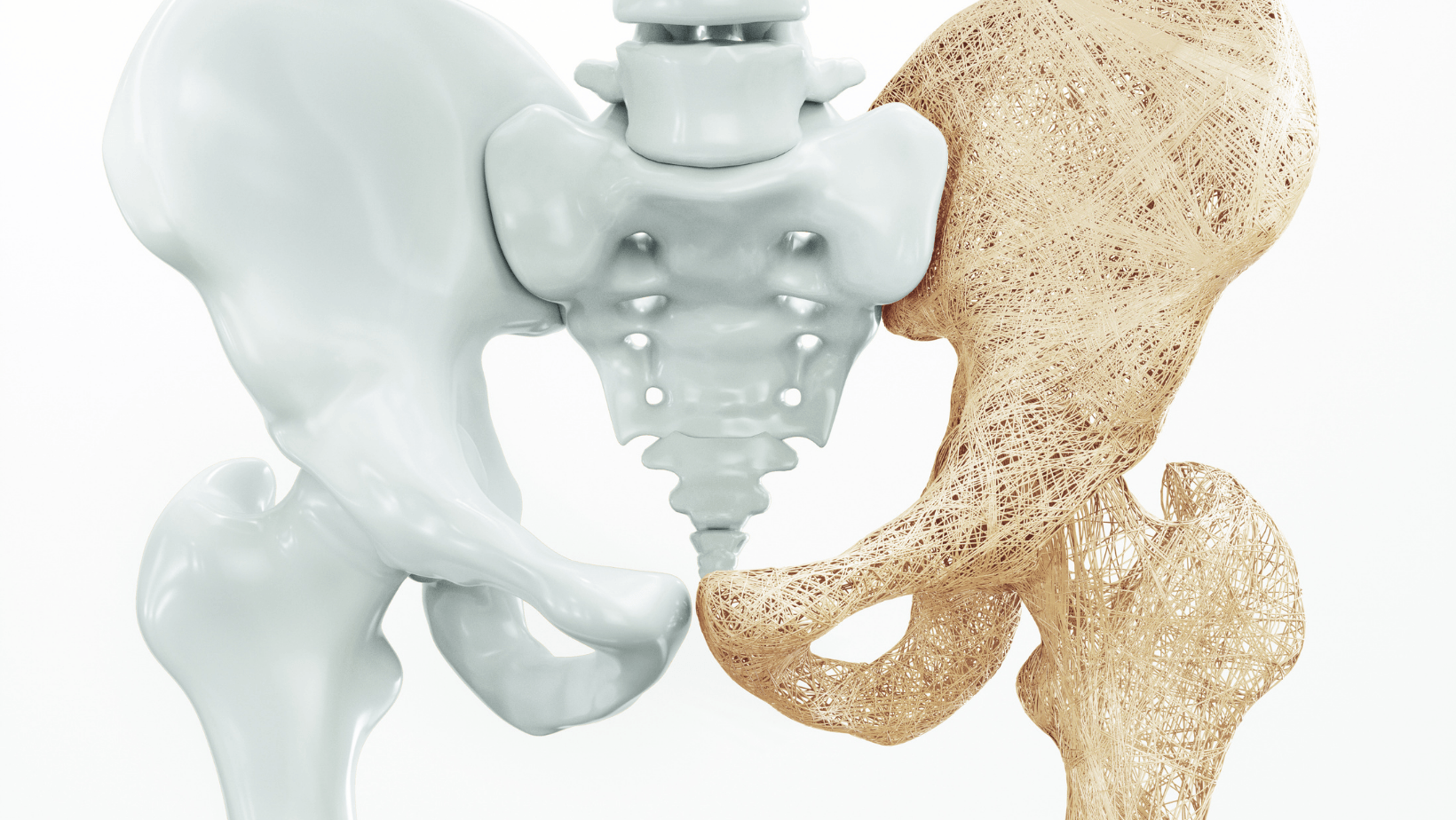Bronchitis - Symptoms, Causes, and Treatment - Avicenna Health
Bronchitis
Have you ever felt difficulty breathing?
Have you ever suffered from a productive cough that keeps you from sleeping?
Do you hear a whistling sound come off out of your chest?
If you have ever felt one of these symptoms, you may have had bronchitis.
Let us take you on a journey to learn more about this condition.
Definition of Bronchitis:
Bronchitis: An inflammation that affects the bronchial tubes, usually caused by a viral infection and sometimes bacterial ones. It can be a severe condition characterized by secreting mucus, coughing, and wheezing.
Children are the most likely to get bronchitis, especially in winter after flu or the common cold.
How much time does it last?
Mainly, there are two types:
- Acute bronchitis. The most common. It Lasts about ten days, often known as a chest cold.
- Chronic bronchitis. A More severe condition. Often constant due to some irritating substances such as smoking or recurrent that keeps coming back.
Symptoms:
Bronchitis’s symptoms can differ widely, often include:
- Cough – Keeps from sleeping, usually productive; its product can be yellow, green, or bloody.
- Wheezing – A whistling sound happens when the airways are tightened.
- Breath shortness – Medically known as dyspnea, which is the difficulty of getting enough air.
- Fever – Uncommon, usually low.
- Sore throat – A scratchy feeling in the throat often worsens when you swallow.
Other symptoms may include:
- Blocked or runny nose
- Tiredness, often accompanied by muscles aches
- Headache
Causes:
Most often, acute bronchitis is caused by viral infection. It can also be caused by bacterial infection.
A virus that causes acute bronchitis is usually the same one that causes flu or the common cold. Anyway, remember DO NOT use antibiotics in viral infections.
On the other hand, chronic bronchitis is usually an induced condition caused by irritant substances, such as smoking, grain dust, ammonia, and other chemicals.
Risk Factors:
- Patient with asthma or allergic disease
- Patient with a weak immune system
- Patient with respiratory or heart disease
- Patient with gastroesophageal reflux disease
- Infected relatives
- Female smokers more than male ones
- Elders and babies
When to see a doctor?
Acute bronchitis often improves within a week using home remedies, while prolonged symptoms often suggest chronic bronchitis or other respiratory conditions that seek medical care.
Other signs and symptoms that indicate a severe condition include:
- A high temperature of more than 100.4 F or 38 C.
- A cough lasts for more than three weeks, especially if bloody mucus discharges accompany it.
- Unexplained weight loss.
- Symptoms are getting worse even with treatment.
Diagnosis:
Patient history, in addition to his signs and symptoms, are the main steps as there is no critical test to diagnose bronchitis
A doctor may ask you to do some tests so he could exclude other conditions. Tests may include:
- Spirometry. A test that performs using a small machine called a spirometer to measure how much air you can breathe in and out and how fast. Mainly to exclude asthma and emphysema.
- Diagnostic procedures. Especially chest X-ray that can help to rules out pneumonia
- Lab tests. That includes CBC (complete blood count) and sputum tests that determine bacterial diseases.
Differential Diagnosis:
- Common cold
- Asthma
- bronchiectasis
- chronic obstructive pulmonary disease (COPD)
- sinusitis
- Cystic fibrosis
- pharyngitis
- Tonsillitis
Management:
A viral infection causes most cases of bronchitis, which is often a self-limited condition. So home remedies can help a lot in relieving the symptoms.
However, other conditions may be caused by a bacterial infection that requires prescribed antibiotics under the supervision of a doctor.
Antibiotics may also be prescribed if there is a high risk of developing severe complications.
A doctor may also prescribe:
- Mucolytic
- Bronchodilators
- Nonsteroidal anti-inflammatory drugs (NSAIDs)
If you have any concerns about non-emergent health conditions, you may schedule a telemedicine consult with the Avicenna Health provider for an individualized consultation.
References:
- Mayoclinic.org
- WebMd.com
- Medscape.com
- Drugs.com
- Nhs.com













